Vocations
The call to holiness is a universal call, valid for all human beings without distinction of age, profession, race or language. Just as all are redeemed, so all are called. (John Paul II)
The Call to Holiness
The vocation to holiness means putting into practice, in one’s own daily life, the example and teachings of Jesus Christ.” A vocation is a call from God to share in His mission in the world. Everyone has a vocation. It is as Pope John Paul II calls: “the universal call to holiness,” meaning that all people, everywhere, regardless of the vocation to which God calls them, are all called to be holy. It is in answering this call that we find joy.
Vocations
While we associate ‘vocation” with ordination to priesthood, the first vocation is Married Life and its unique call to holiness as a couple and a family. In the teaching of the Church, the family is the bedrock of the People of God. Some are called to serve the People of God: priests, deacons, religious sisters and brothers, and lay ministers. Each of them also has a unique call to holiness which requires discernment and wisdom.
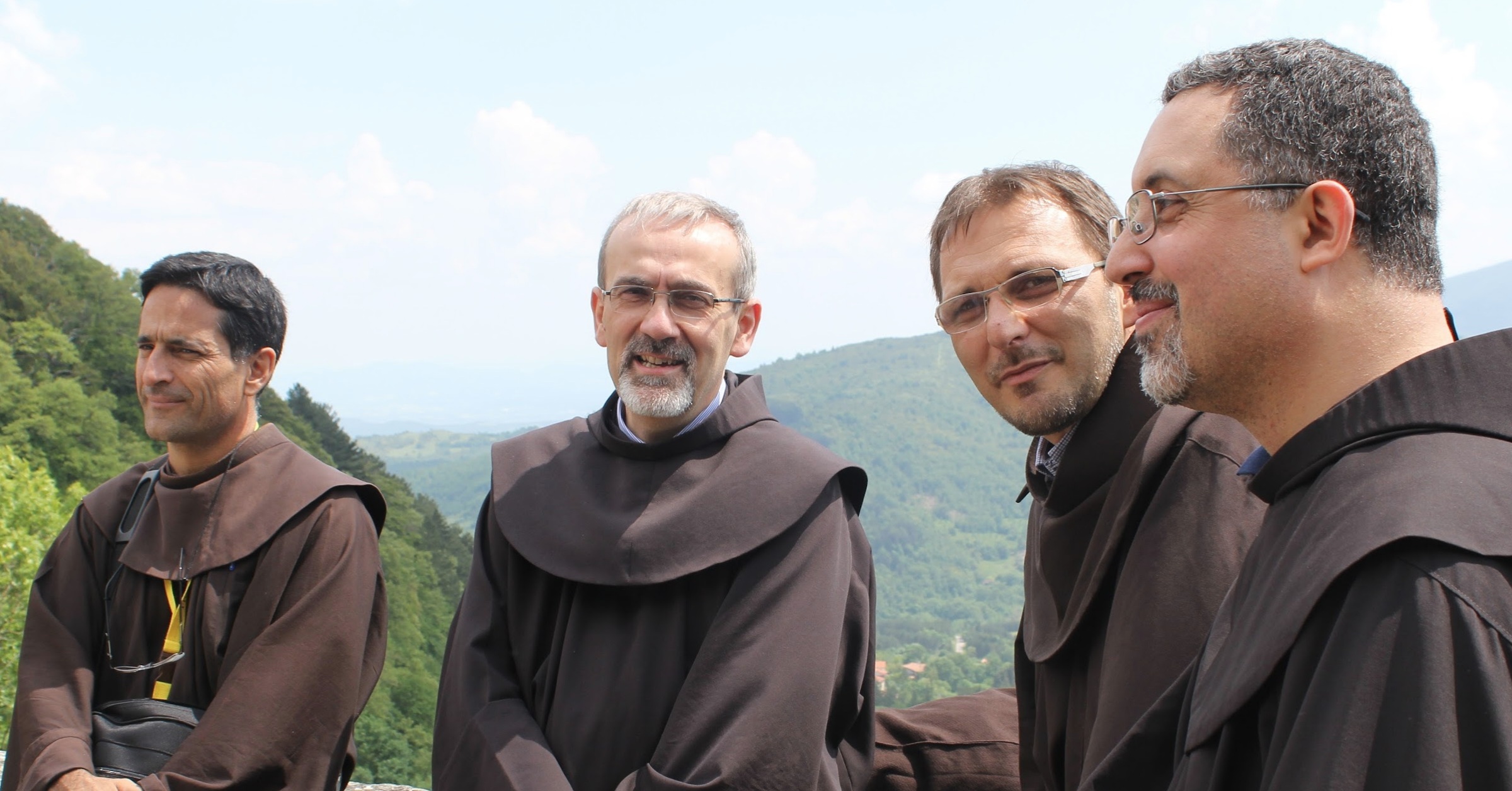
The Franciscans
For 800 years, we Franciscans have been living the Gospel in the footsteps of St. Francis of Assisi. Interested in the life? Contact us and let us assist you in discerning your vocation. Take a look at our vocations website and from there you can reach out to one of our vocation directors.
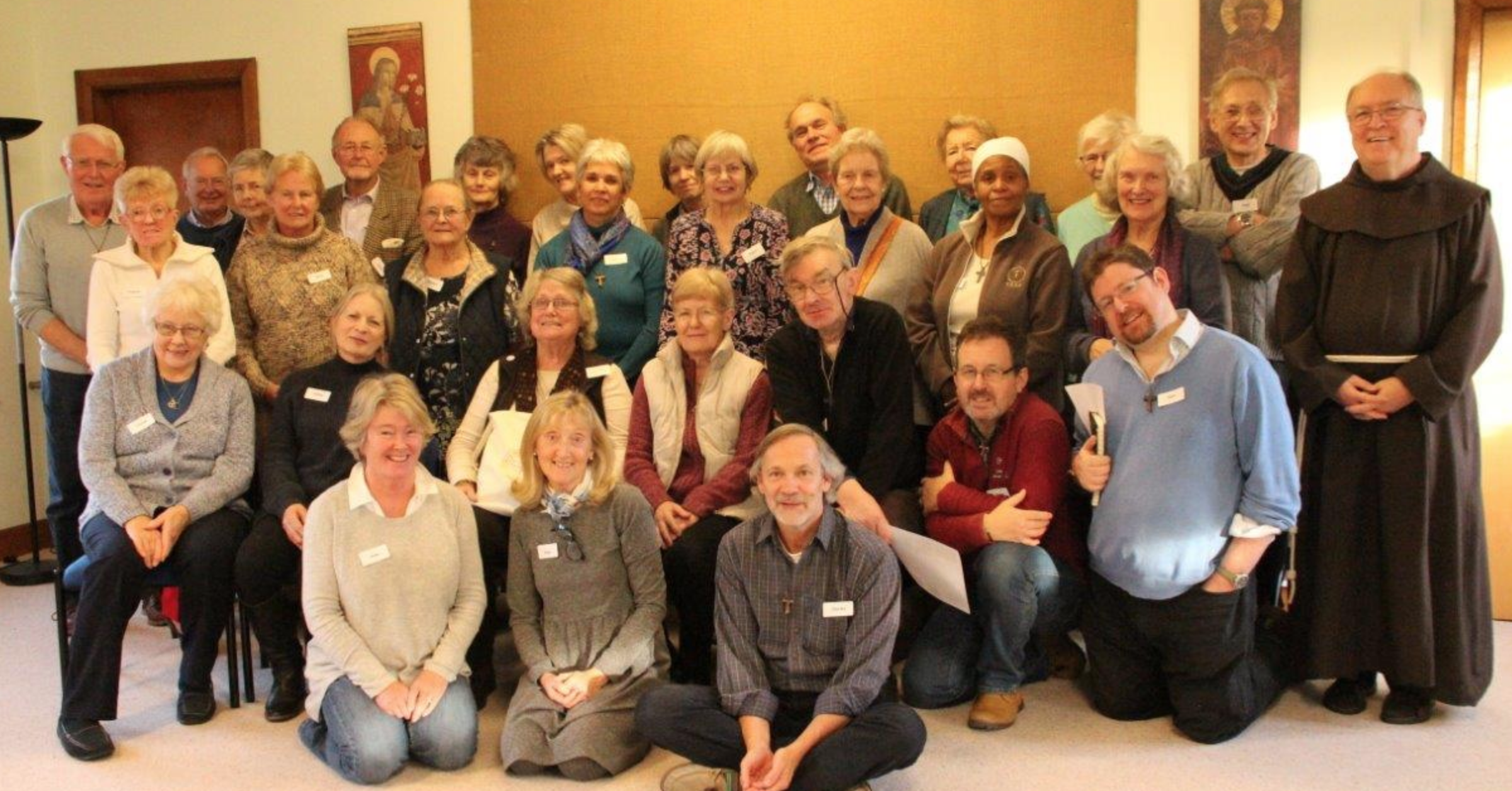
Secular Franciscans
Secular Franciscans are lay people in the world. Living the Gospel as a community, in the footsteps of Sts. Francis and Clare – as they pursue family life and careers. See our local fraternity website for more information and to contact our vocation director
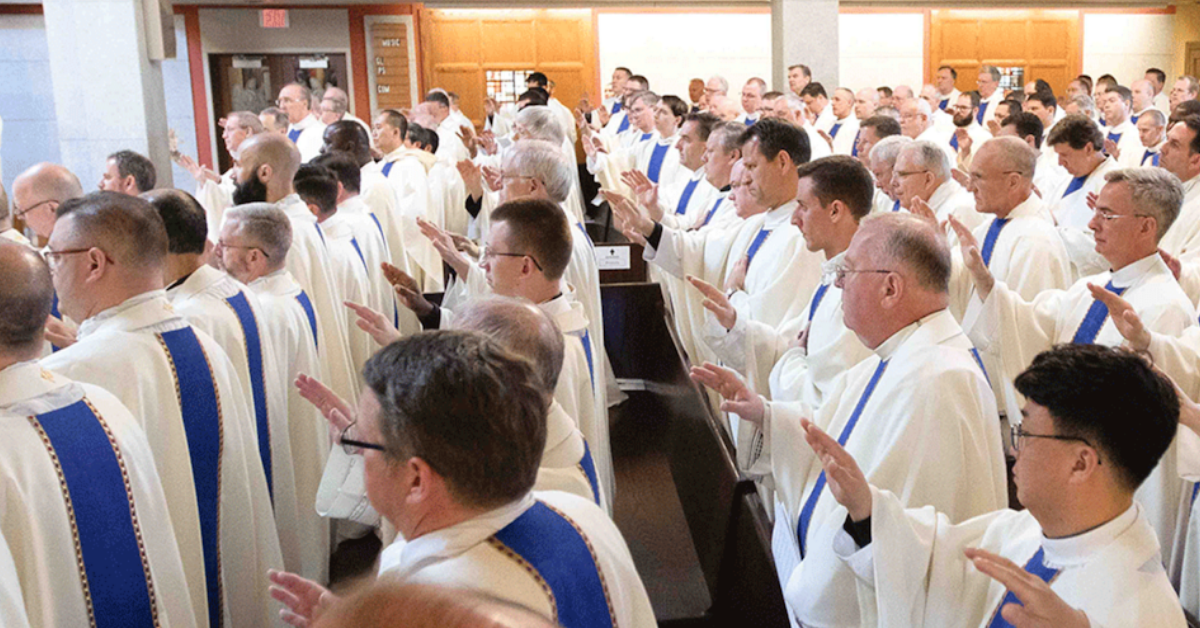
Diocesan Priest/Deacon
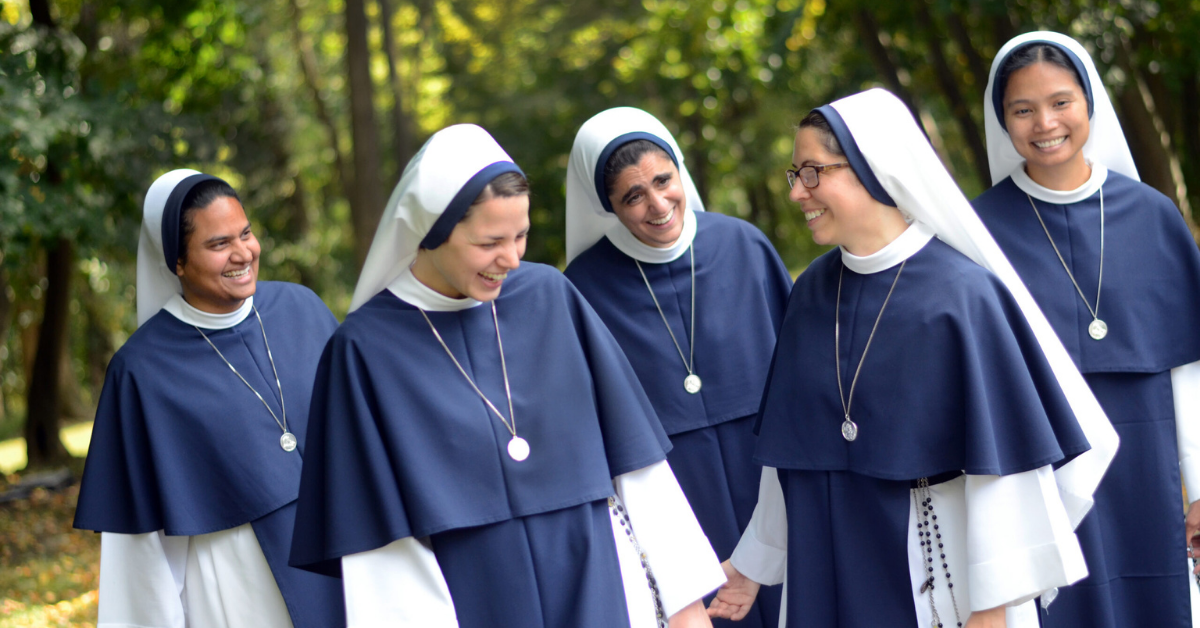
Religious Sister
Women vowed to a common life in obedience and chastity to serve the people of God in a variety of works and ministry.
Learn more visit these two websites: Leadership Conference of Women Religious or Council of Major Superiors of Women Religious.
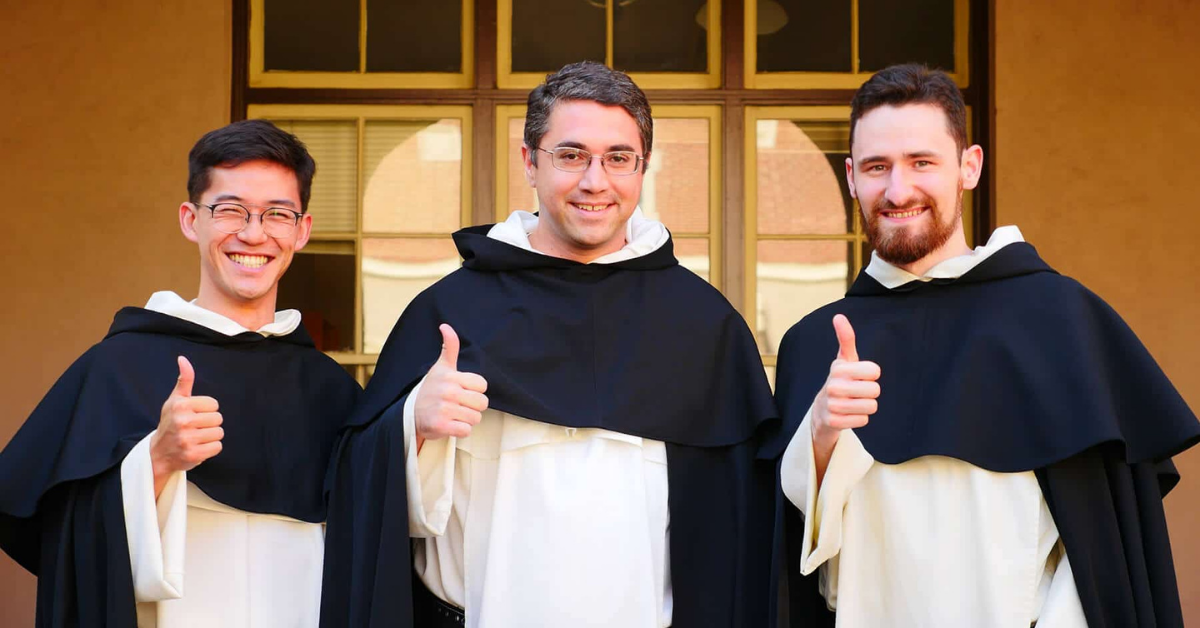
Religious Brother
Men vowed to a life of obedience and chastity living in community to serve the people of God in an amazing variety of works and ministry. They are not ordained priest but are called to serve in unique ways. To learn more visit the website of Conference of Major Superiors of Men.